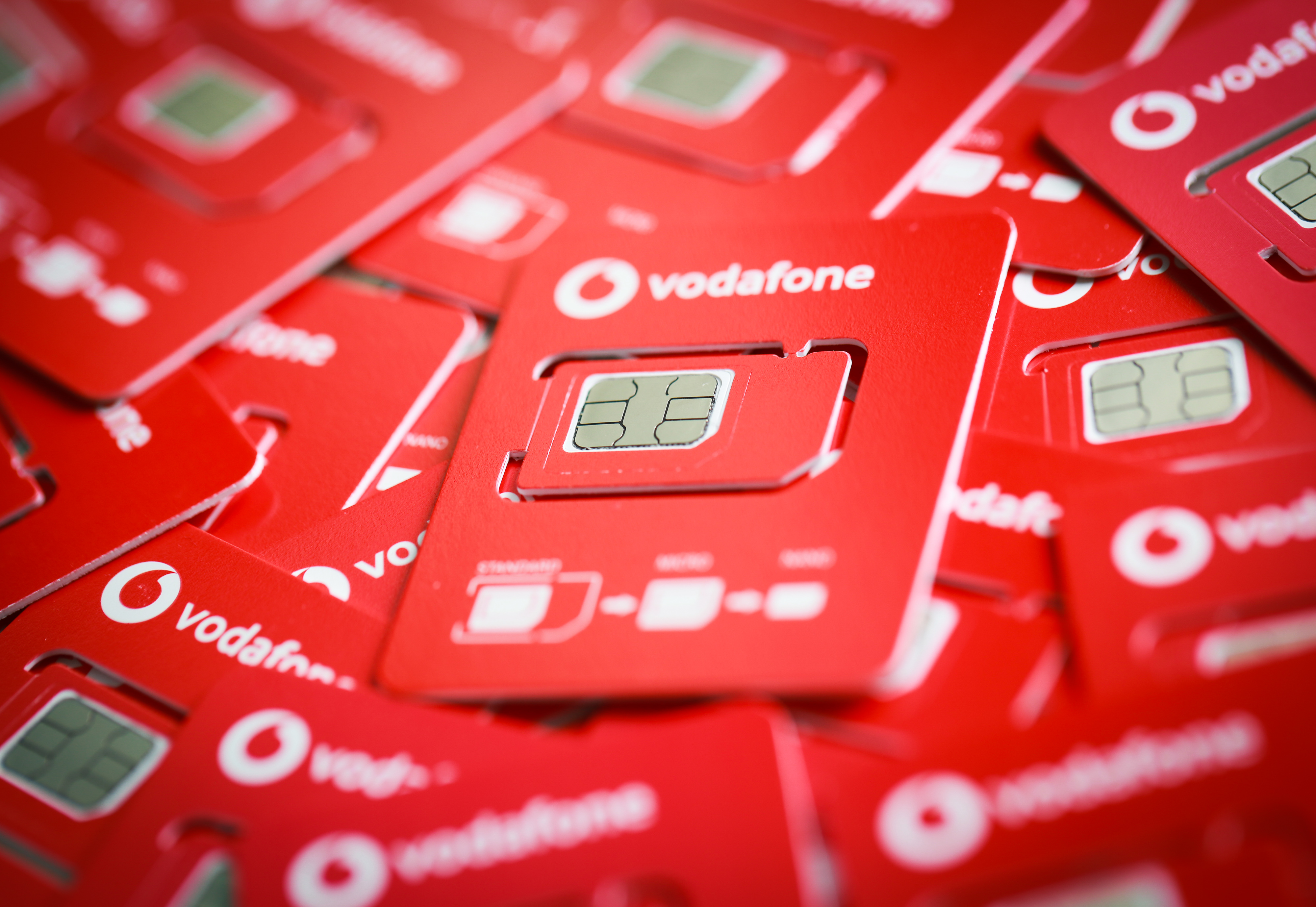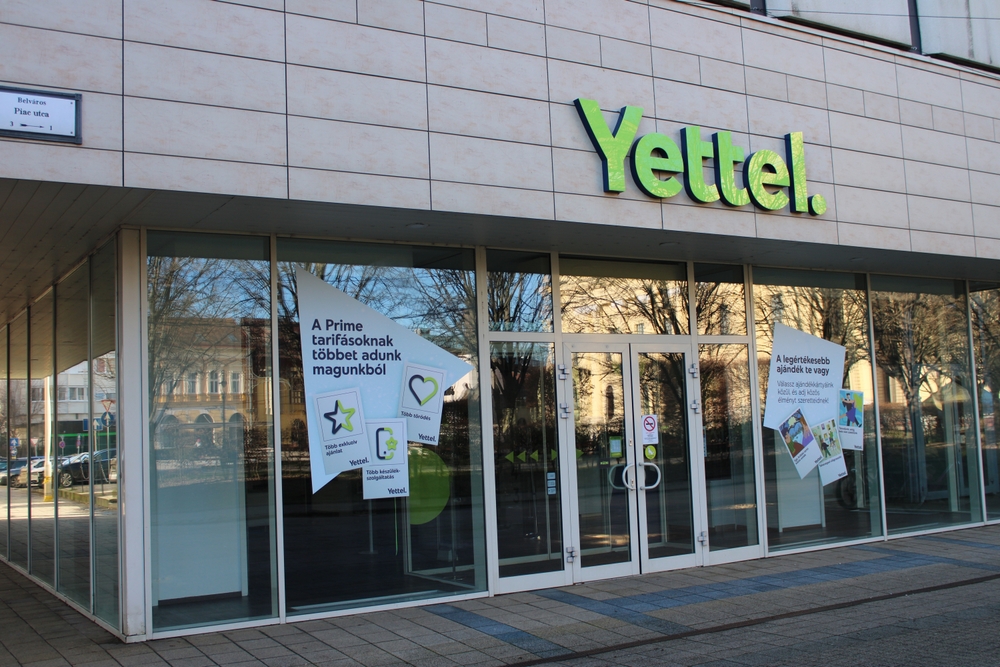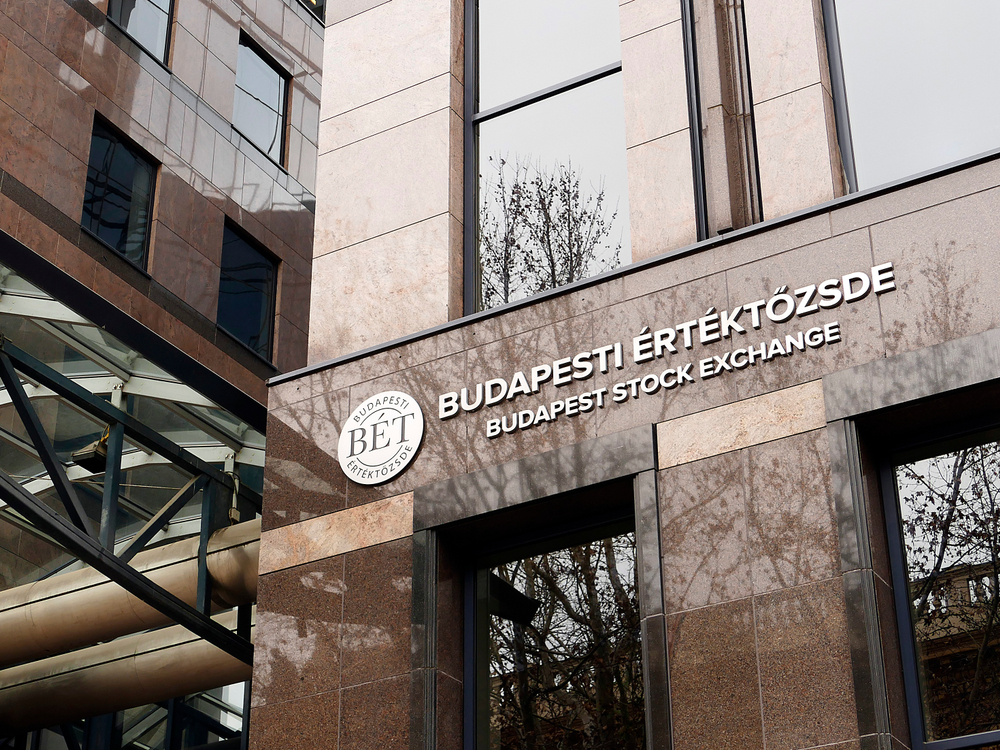Vodafone's small-size SIM cards saved 1.6 tonnes of plastic in 2020

Last April, Vodafone Hungary announced that it would replace its credit card-sized SIM card holders with ones half the size, resulting in saving some 1.6 tonnes of plastic until the end of 2020.
According to a press release sent to the Budapest Business Journal, the initiative is part of Vodafone's existing sustainability program. The operator has agreed to phase out old SIM card holders by the end of 2020. In December 2019, Vodafone set the target of reducing the use of non-essential plastics in its shop network and office premises by half, by April 2020.
Vodafone started the introduction of new, small SIM cards and the phasing out of old, larger cards in most European countries last spring, including in Hungary.
This initiative alone reduces Vodafone Group's plastic waste by more than 340 tonnes per year globally, according to the press release. In addition to cutting back on plastic waste, this measure also reduces the group's CO2 emissions, as the production and transportation of smaller SIM card holders also results in lower CO2 emissions. For each tonne of plastic, 15 tonnes of carbon dioxide are saved, reducing CO2 emissions by more than 5,000 tonnes per year.
In addition to reducing the size of SIM card holders, Vodafone has launched a number of measures to minimize the use of non-essential plastics. In particular, by the end of March 2020, 24 countries had phased out non-essential plastics and single-use items in cases where other, more environmentally friendly alternatives were available. Another innovation by Vodafone last year was the phasing out of disposable plastic bags in 7,700 retail shops around the world, and the avoidance or limitation of the use of plastic-based marketing or promotional materials, replacing them with environmentally friendly solutions.
Vodafone committed to cutting the company's carbon footprint by half and procuring electricity entirely from renewable sources by 2025. The operator also committed to reusing, reselling or recycling 100% of its network waste, and to helping its customers extend the life of their existing assets.
SUPPORT THE BUDAPEST BUSINESS JOURNAL
Producing journalism that is worthy of the name is a costly business. For 27 years, the publishers, editors and reporters of the Budapest Business Journal have striven to bring you business news that works, information that you can trust, that is factual, accurate and presented without fear or favor.
Newspaper organizations across the globe have struggled to find a business model that allows them to continue to excel, without compromising their ability to perform. Most recently, some have experimented with the idea of involving their most important stakeholders, their readers.
We would like to offer that same opportunity to our readers. We would like to invite you to help us deliver the quality business journalism you require. Hit our Support the BBJ button and you can choose the how much and how often you send us your contributions.








